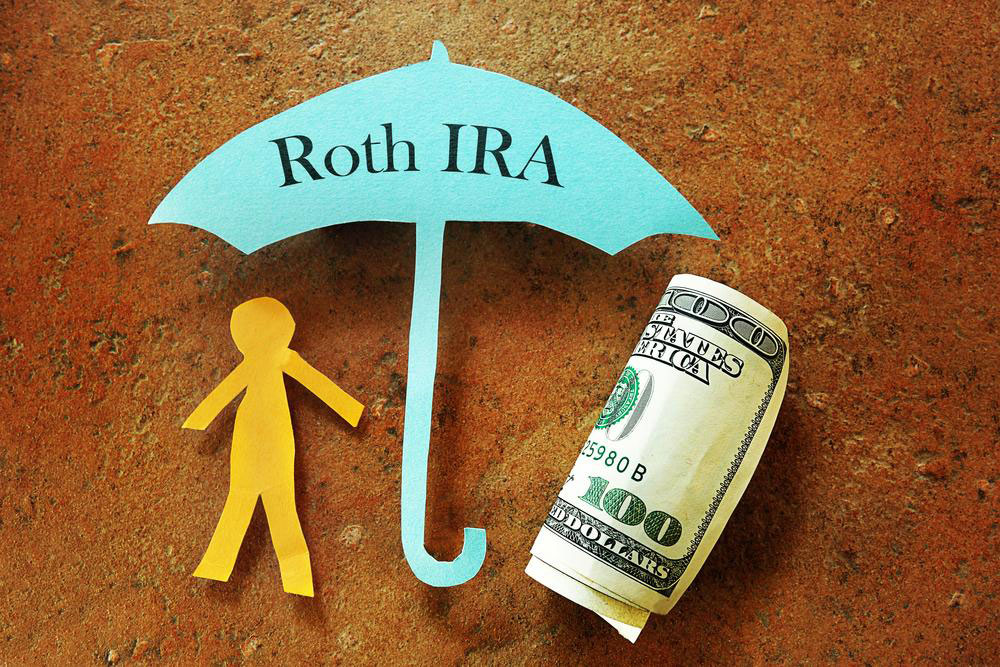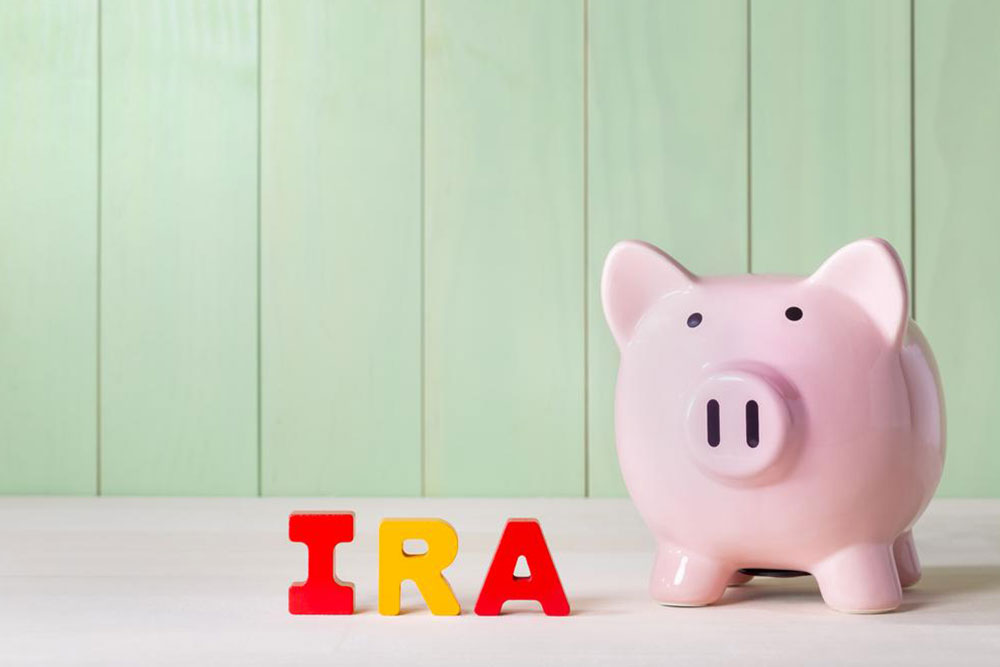Comprehensive Guide to Roth Individual Retirement Accounts for Secure Retirement Planning
This comprehensive guide explores the advantages of Roth IRAs, detailing eligibility, investment options, rollover strategies, and fee management. It emphasizes the importance of understanding Roth IRAs for effective retirement planning, comparing various account types, and selecting the right investment platforms to maximize growth and tax benefits for your retirement future.

Comprehensive Guide to Roth Individual Retirement Accounts for Secure Retirement Planning
Planning for a financially secure retirement involves understanding the various retirement savings options available, among which the Roth IRA stands out as an attractive choice. A Roth IRA, or Roth Individual Retirement Account, is a retirement savings vehicle that is funded with after-tax income. This means contributions are made using money that has already been taxed, allowing qualified withdrawals during retirement to be completely tax-free. This feature makes Roth IRAs a popular choice for individuals looking to maximize their retirement income without future tax liabilities. However, it's essential to comprehend the eligibility criteria, contribution limits, and strategic benefits associated with Roth IRAs to make the most informed decisions about your financial future.
Many people harbor misconceptions about Roth IRAs, believing they offer fixed returns or guaranteed interest rates, similar to traditional savings accounts or fixed income investments. It's critical to clarify that Roth IRAs are investment accounts, not guaranteed income sources. Their primary purpose is to serve as a platform for investing in various assets such as stocks, bonds, mutual funds, and ETFs, which carry their own risks and potential returns. Therefore, understanding the investment choices within a Roth IRA and how market fluctuations can affect your savings is fundamental to long-term retirement planning.
When considering retirement savings options, it’s vital to compare different types of IRAs, including Roth and traditional IRAs. Traditional IRAs generally provide tax deductions on contributions with taxes paid upon withdrawal, whereas Roth IRAs offer tax-free withdrawals but do not provide upfront tax deductions. Both have unique advantages depending on your current income, expected future tax bracket, and retirement goals. Seeking advice from a qualified tax professional can help determine the most suitable account type based on your individual financial situation and planning needs.
Compared to employer-sponsored plans like 401(k)s, IRAs often allow for broader investment choices and greater control over your retirement portfolio. While a 401(k) is typically limited to the investments provided by your employer, IRAs enable you to choose from a wide array of investment options, including individual stocks, bonds, mutual funds, and ETFs. Additionally, if you change jobs or want to consolidate retirement accounts for easier management, you can rollover a 401(k) into an IRA, streamlining your investments and potentially accessing more diverse asset classes.
However, it’s important to consider the fees associated with IRA rollovers and account management. Management fees can vary but are generally within the range of 0-1% annually, depending on the provider and the services offered. Choosing the right provider is crucial for optimizing your investment returns; top-rated options include
Betterment
Wealthfront
Vanguard
Scottrade
Ally Invest
Each of these providers offers unique features, user-friendly interfaces, and diverse investment options geared toward helping investors grow their retirement savings efficiently. Conducting research and possibly consulting with a financial advisor can ensure that you select the best platform aligned with your retirement planning strategy.In conclusion, a Roth IRA can be a vital tool in your retirement savings arsenal, providing tax-free growth and withdrawals, flexibility in investment choices, and the potential for a more diversified and controlled investment portfolio. Understanding the intricacies, benefits, and management aspects of Roth IRAs is key to maximizing their potential. Whether you are starting your retirement savings journey or seeking to optimize an existing plan, careful planning and consultation with financial professionals can significantly enhance your prospects of achieving a financially secure retirement.





